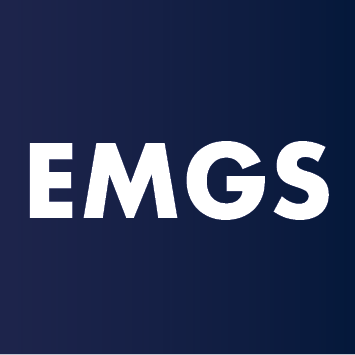The Mission
This international research-based master’s degree combines perspectives, methods, and theories developed in the fields of history, cultural and area studies, social sciences, and economics to investigate phenomena of global connectedness. We do not believe that globalization exists as an objectively given material reality that can be measured. From our perspective, we have to understand the phenomena described as globalization as a bundle of political, economic, social, and cultural projects to manage increasing transnational and transcontinental connectedness – the so-called global condition. Therefore, the multinational classroom of the programme and the crossover of contributions from various disciplines and universities investigating some of these projects and/or their conflicts and resulting entanglements offer a substantial added value to the study of processes of globalization.
Since we start from the assumption that there is no single discipline able to cover the whole set of phenomena summarized under the term globalization,
the programme favours a post-disciplinary organization of knowledge production by privileging comparative approaches (both diachronic and geographic), encompassing constructivist approaches, and questioning essentialist notions. Thinking critically about post-colonial challenges, we argue that the current disciplinary organization of universities – with which we have nevertheless to deal with – is often inadequate for the production of knowledge on the current world, and that we have to reflect upon this inadequacy to overcome it at least partially.
During the EMGS programme, students learn
- to develop a multidisciplinary understanding of processes of globalization (global history, international studies, political economy, human geography, transregional and area studies, etc.), knowledge of how concepts of globalization worked out in the past and today in different world regions; and
- to have insight into the production of social scientific knowledge and to relate this knowledge production to concepts of globalization.
The EMGS programme enables its students
- to develop the necessary social and communicative skills to work both independently and in collaboration with others in a profoundly multidisciplinary and multicultural context;
- to be aware of one’s rootedness in a specific discipline and academic culture and
to develop general and professional skills for a wide range of possible future employment via internships as well as the skills learned in class that are required for specific labour markets (such as simulations of international conferences, presentations of short memos on complex topics, explanations of the organizational consequences of specific political ideas in a multilevel governance system, etc.); - to compare and apply socio-political concepts and configurations and to investigate their mutual interactions;
- to apply these insights and concepts in the design and execution of an independent study or research project and to present it in a scientifically sound paper, report, or thesis.
Each year, there are almost 150 students spread over two cohorts that are enrolled in the programme. They represent citizens from 45 different nations from all world regions, which results in a truly global classroom experience.
The Structure
The Erasmus Mundus Master in Global Studies is a two-year master’s programme divided into four phases (two winter and two summer terms). The programme has a modular structure according to the European Credit Transfer and Accumulation System (ECTS), as initiated by the Bologna Process. It is composed of 120 credits (30 credits each term); equivalent to a study workload of 900 hours per term (1,800 hours a year). You can find more information about ECTS here.
The joint module structure of the EMJMD consists of the following components. In the first term, the basic understanding of global studies is presented. This consists of an “Introduction to Global History”, an interdisciplinary introduction into “Theories of Global Studies”, and a post-disciplinary module on “Methods of Global Studies”. During the second and third term, specialized thematic modules on global phenomena based on specific case studies from different world regions are offered. Students focus on at least two different world regions in order to also study their transregional entanglements. Students have the option to spend the third term at one of the non-European partner universities of the EMGS Consortium. If students choos not to spend this term at a non-European partner university, they have to participate in an internship. In the fourth, and final, term, students write their master’s thesis as well as attend thesis seminars and colloquia.
In addition, winter schools take place each year in December, some weeks after students have started the programme, and focus on introductory information and courses. The winter school familiarizes students with the complementary study programme of each partner university. This process is further strengthened during the summer schools, which take place in July of the following year. Co-taught courses focus on methodological aspects and provide important support and advice to students for drafting their master’s thesis. A further essential component to start the process of the master’s thesis is a workshop in which students present their first ideas about the topic upon which they would like to write. The summer schools finally prepare students not only for the second year in the programme but also for challenges they will face in the labour market after graduation.
Should the student fail to meet all of the required examination criteria by the end of the fourth academic term of the course, the student will be offered the chance to enrol in another term that the course is offered in order to fulfil the units required. Full tuition fees will be incurred in the case of the study period’s extension. Should the student not wish to extend the study period in order to complete the course, a partial transcript of only the successfully completed modules will be awarded.
For the overview of the modules, see here.
For the previous and current syllabi of each university, see these links:
